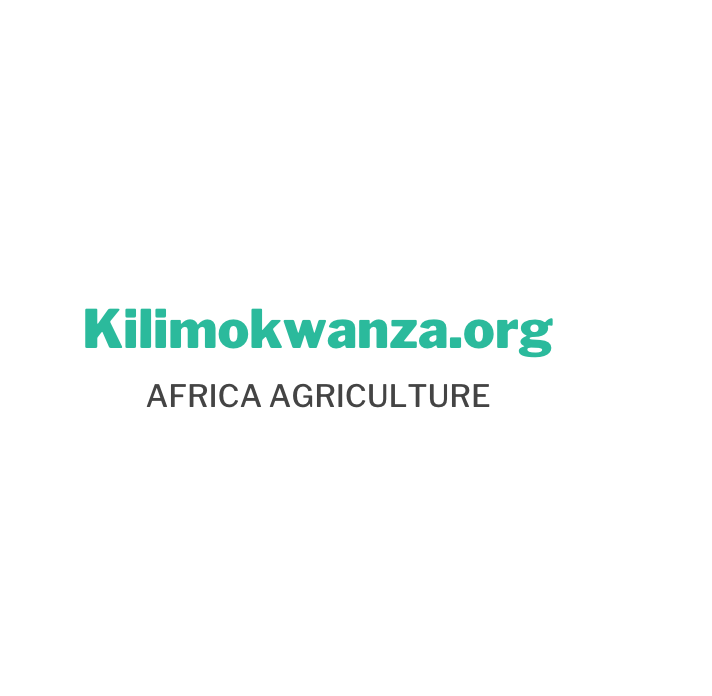Tanzania, a country endowed with large tracts of arable land, has the potential to feed the whole of Africa, according to the Alliance for Green Revolution in Africa (AGRA).
AGRA Director of Communications Sylvia Mwichuli said yesterday that Tanzania’s potentiality in agriculture lies with the empowerment of smallholder farmer to transform their activities into profitable businesses.
She told a three-day AGRA-Civil Society dialogue meet that the approach would transform Tanzania’s agri-potential into a reality and an economic power house.
“Kenya, Somalia, Sudan and many other nations need food from Tanzania, this means that this nation has got the land and conditions necessary to become the continent’s leading agriculture power house,” Mwichuli said.
She said civil society had a big role to play in the attainment of green revolution because of its grassroots nature.
“We want to build a genuine partnership with civil society sector in Tanzania for faster realisation of green revolution agenda for Tanzania,” she said.
Tanzania is one of the priority countries for AGRA, where the organisation has so far spent grants USD 26 million over the last five years.
AGRA works with the government through approved country strategies such as the agricultural policy, Kilimo Kwanza.
AGRA main focus in the country has been the Southern Highlands, where AGRA programmes have provided farmers with innovative financing and high-yield crop varieties, and forged partnerships with private seed companies and small agrodealers. Mwichuli said that it is paramount for African nations, to spearheaded African green revolution to tackle food insecurity and create sustainable businesses for small-scale farmers.
“We know that 70 per cent of small holder farmers are women. Our focus is mostly on increasing productivity of stable foods, and this makes life of women and children better, and plays a big role in improving the economies of a given area,” she said.
She disclosed that AGRA has integrated programmes in seeds, soils, market access, policy and partnerships and innovative finance work to trigger comprehensive changes across the agricultural system.
“We advocates for policies that support its work across all key aspects of the African agricultural “value chain”—from seeds, soil health, and water to markets and agricultural education. AGRA’s public and private sector partners in Tanzania include the Ministry of Agriculture, Food Security and Cooperatives, NEPAD, the National Microfinance Bank Ltd., Kilimo Trust, Sokoine University,
private seed companies, farmers’ cooperatives and others.
AGRA is chaired by Kofi A. Annan, the former Secretary-General of the United Nations. AGRA, with initial support from the Rockefeller Foundation and the Bill & Melinda Gates Foundation, maintains offices in Nairobi, Kenya and Accra, Ghana.
